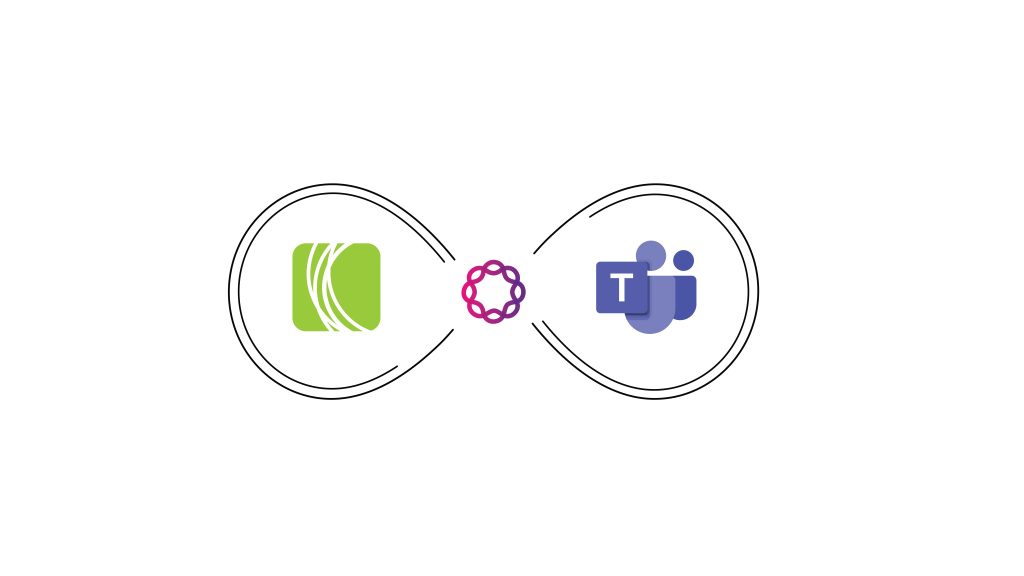Beanfield is committed to security, and there’s nothing more important than protecting sensitive business communications for the modern hybrid workforce. As such, Beanfield is pleased to announce that every endpoint we supply to support our Hosted Voice product will be equipped with voice data encryption protocols. This will help prevent call interception and protect your privacy.
How does it work?
We employ two encryption protocols that, in concert, encrypt both the signaling and the media in transit. Transport Layer Security (TLS) protocol encrypts instant messages and other content data. Secure Real-Time Protocol (SRTP) provides end-to-end encryption and authentication of the voice traffic, ensuring that it cannot be intercepted or modified in transit. It also provides protection against impersonation attacks, such as man-in-the-middle attacks, by using digital certificates for mutual authentication between the endpoints. These protocols work together to ensure that all calls and voice data will be encrypted, over the internet and on our VOIP lines.
What are the benefits?
- Confidentiality: The data transmitted between your end device, i.e., a hard phone or softphone, and the network will be encrypted, ensuring that voice data stays confidential and cannot be intercepted by unauthorized parties. This is particularly important when transmitting sensitive data such as login credentials, financial information, or personal health information.
- Integrity: SRTP helps ensure the integrity of the voice data, meaning that it cannot be modified or tampered with in transit without being detected.
- Authentication: SRTP provides end-to-end encryption and authentication of the voice traffic, ensuring that it cannot be intercepted or modified in transit. It also provides protection against impersonation attacks, such as man-in-the-middle attacks, by using digital certificates for mutual authentication between the endpoints.
- Compliance: Many regulatory frameworks, such as the Payment Card Industry Data Security Standard (PCI DSS) and the Health Insurance Portability and Accountability Act (HIPAA), require the use of TLS to protect sensitive data in transit. Implementing TLS on phone devices can help you comply with these regulations.
All new customers have SRTP & TLS enabled by default. It’s part of our commitment to providing the best and most secure business communications solutions.












